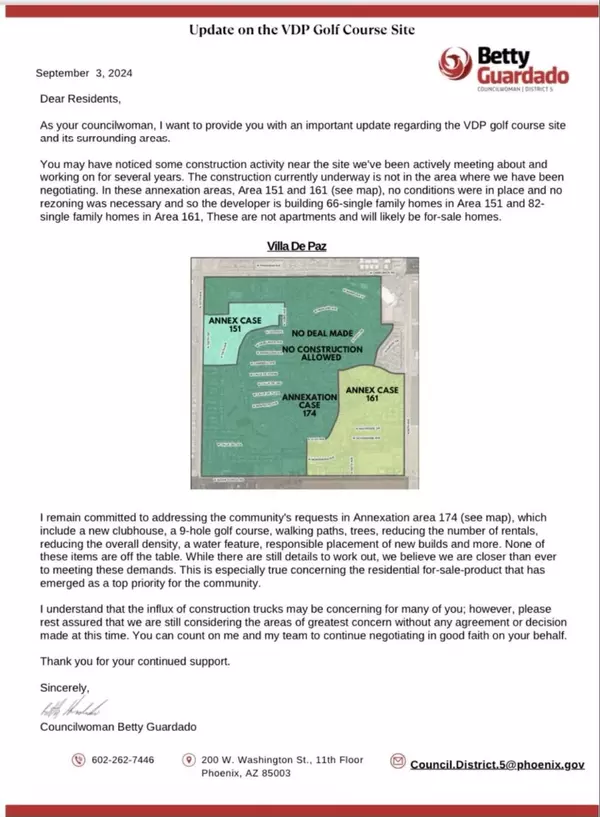Home Buying 101 for First Time Home Buyers

Buying a home is likely one of the most significant financial investments you'll ever make. For first-time homebuyers, navigating the home-buying process can be both exhilarating and overwhelming. With myriad steps, financial jargon, and crucial decisions to be made, preparation isn't just useful—it's essential. Here's a comprehensive guide to help demystify the home-buying process for first-time buyers.
Assess Your Financial Health
Before even starting your search, it's vital to evaluate your financial standing. This means taking a deep dive into your credit score, debt-to-income ratio, and savings. A strong credit score can open the door to more favorable mortgage terms, which can save you thousands over the life of your loan. Similarly, having a low debt-to-income ratio signals to lenders that you're a responsible borrower. Lastly, accumulating a considerable amount of savings will not only cover the down payment but also unforeseen expenses and closing costs.
Get Pre-Approved for a Mortgage
One of the first formal steps in the home-buying process is obtaining a mortgage pre-approval. During this step, a lender will review your financial situation and determine how much they are willing to lend you. This involves submitting documentation such as W-2s, latest tax returns, and bank statements. Pre-approval gives you a clear budget and signals to sellers that you are a serious and qualified buyer.
Define Your Must-Haves and Nice-to-Haves
Before you start touring homes, make a list of what you absolutely need in a home compared to what would be nice to have. This can include the number of bedrooms and bathrooms, location, proximity to schools or work, and other features like a backyard or updated kitchen. Having a clear list will help narrow down your search and keep you focused.
Start Your Search
Now the fun begins: house hunting! Scour real estate websites, attend open houses, and consider working with a real estate agent. An experienced agent can provide invaluable insights into local market conditions, negotiate offers, and guide you through the labyrinthine process of buying a home.
Make an Offer
If the home passes inspection and appraisal, it’s time to make an offer. Your real estate agent can help you draft a competitive bid that aligns with your budget and the home's market value. Be prepared for some negotiation, as the seller may counter your offer. Once an agreement is reached, both parties will sign the purchase contract, which sets the terms and conditions of the sale.
Conduct Due Diligence
Once you’ve found a home that meets your criteria and fits within your budget, it’s time to conduct some due diligence. This stage includes:
1. Home Inspection: Hire a professional inspector to evaluate the home's condition, from its foundation to its roof. This will uncover any hidden issues that might require repairs or impact the home's value.
2. Appraisal: Lenders require a home appraisal to ensure the property is worth the purchase price. An appraiser will assess the home’s condition and the value of comparable homes in the area.
3. Title Search: This step involves verifying that the seller has the legal right to sell the property and that there are no outstanding liens or disputes on the title.
Underwriting and Final Loan Approval
Even if you’ve been pre-approved, your mortgage application must go through underwriting before you can get final loan approval. The underwriter will look closely at your financial situation, scrutinizing your income, assets, debts, and credit. They may request additional information, so it’s essential to respond quickly to avoid delays.
Closing the Deal
With underwriting complete, you’re on the home stretch. Closing is the process where the ownership of the home officially transfers from the seller to you. During closing:
1. Review Documents: Carefully review all the documents, including the loan agreement, deed, and closing disclosure.
2. Pay Closing Costs: These include loan origination fees, appraisal fees, title insurance, and other related expenses.
3. Final Walkthrough: One last walkthrough ensures that the home is in the agreed-upon condition and any repairs have been made.
4. Sign Papers: Sign the mountain of documents, and congratulations—you are now a homeowner!
Moving In
After closing, it's finally time to move in. Plan your move carefully, setting up utilities and addressing any immediate repairs or renovations. Transform this new house into your home, and enjoy the sense of accomplishment and stability that comes with being a homeowner.
Conclusion
Buying a home for the first time is a journey filled with steps that demand thoughtful planning and informed decision-making. By understanding the home-buying process—from evaluating your finances to finally moving in—you can navigate this experience with confidence and clarity. While there will undoubtedly be challenges and complexities, the reward of owning your first home is well worth the effort.
----------------------------------------------------------------
Ready to start your home buying journey?
Download your FREE HOMEBUYER'S HANDBOOK HERE!

Categories
Recent Posts











Bernadette Rodriguez
Agent | License ID: SA692216000
